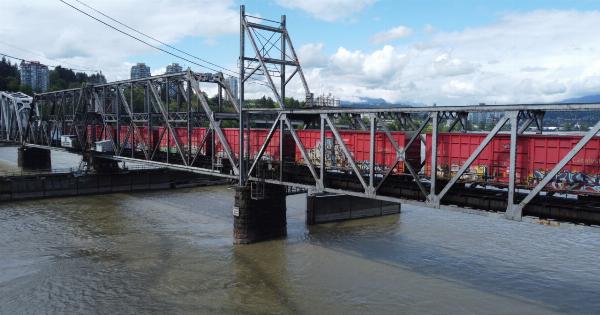High blood pressure is a common health concern that affects millions of people worldwide. If left untreated, high blood pressure can lead to serious health conditions such as heart disease, stroke, and kidney failure.
While many factors contribute to high blood pressure, research suggests that dehydration may play a significant role. In this article, we will explore the optimal daily water intake to lower blood pressure.
The Importance of Water for Blood Pressure
Water is a vital component of our bodies, and it plays numerous roles in maintaining good health. One crucial role of water is maintaining blood pressure levels.
Dehydration can cause blood vessels to constrict, making it difficult for blood to flow freely through the arteries. This can result in higher blood pressure levels.
When we drink enough water, it helps to keep blood vessels relaxed and dilated, which can help to lower blood pressure. Additionally, staying hydrated can help to reduce the risk of blood clots, which can also contribute to high blood pressure.
Factors That Affect Water Needs
The amount of water an individual needs varies based on several factors, including age, gender, weight, activity level, and climate. Other factors such as pregnancy and breastfeeding can also affect water needs.
As we age, our bodies become less efficient at regulating fluids, making it more difficult to maintain proper hydration levels. Women who are pregnant or breastfeeding require additional fluids to support fetal and infant growth.
Individuals who engage in strenuous physical activity or exercise regularly may require more water to replace fluids lost through sweat. In hot climates, it is essential to drink more water to prevent dehydration and maintain good health.
How Much Water Should You Drink to Lower Blood Pressure?
The optimal daily water intake to lower blood pressure varies based on individual needs and health status.
The National Academies of Sciences, Engineering, and Medicine recommend a daily fluid intake of 15.5 cups (3.7 liters) for men and 11.5 cups (2.7 liters) for women. This includes fluids from all sources, including water, milk, coffee, tea, and juice.
However, individuals who have high blood pressure or are at risk of developing high blood pressure may need to drink even more water to help to lower their blood pressure.
The American Heart Association recommends drinking at least 64 ounces (1.9 liters) of water per day to help to lower blood pressure levels.
Ways to Increase Water Intake
Many people struggle to drink enough water each day. However, there are several tricks you can use to increase your daily water intake. These include:.
- Carry a water bottle with you at all times.
- Set reminders throughout the day to drink water.
- Add fruit or herbs to your water to make it more flavorful.
- Drink water before, during, and after meals.
- Eat foods that are high in water content, such as watermelon, cucumbers, and celery.
Conclusion
Staying hydrated is essential for maintaining good health, and it is especially important for individuals with high blood pressure.
While the optimal daily water intake varies based on several factors, drinking at least 64 ounces (1.9 liters) per day can help to lower blood pressure levels and reduce the risk of complications associated with high blood pressure.






























